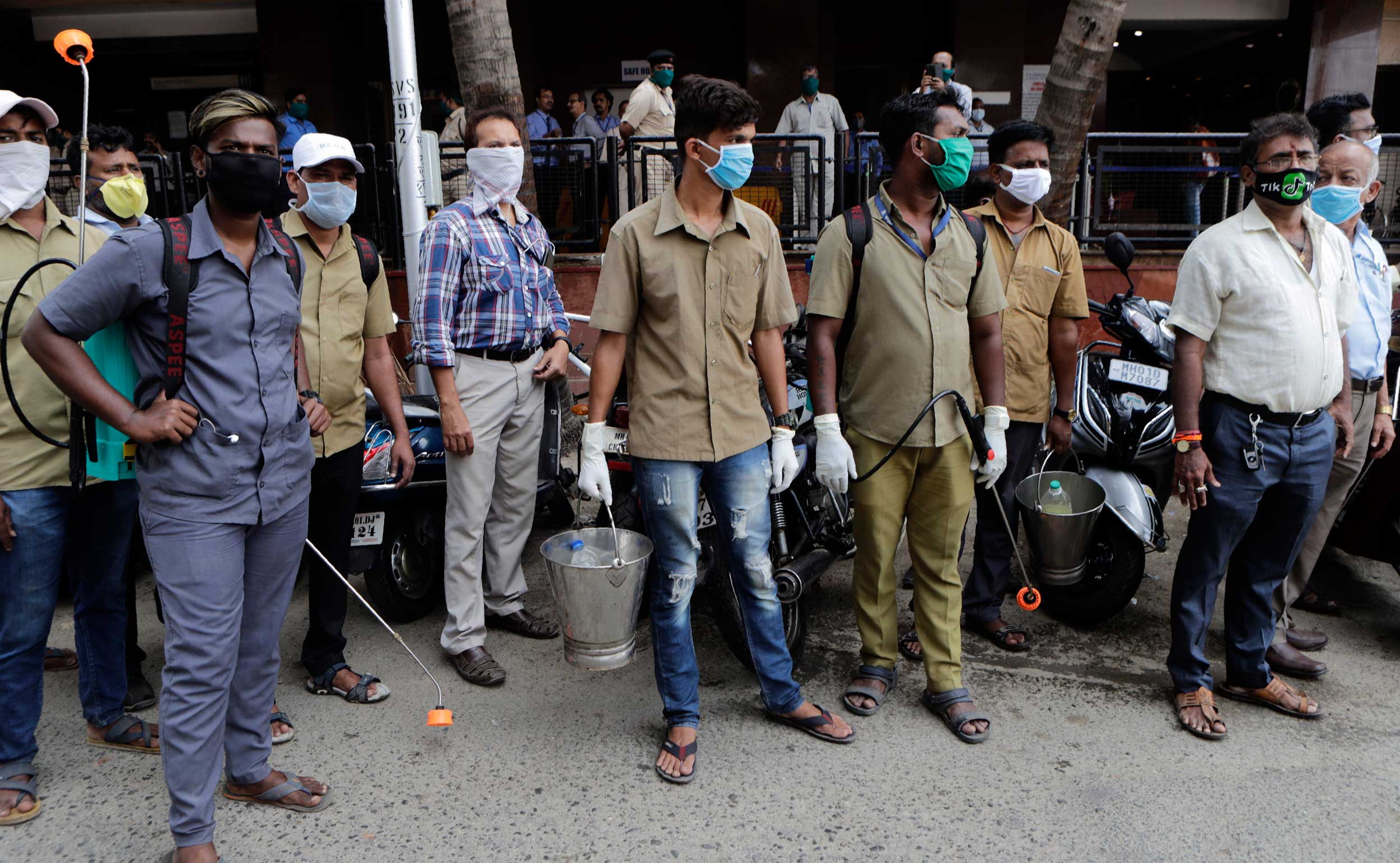India has detected “early signals” of community transmission of the novel coronavirus, at least three patients whose source of infection is unclear, government researchers said on Saturday but asserted that there was no evidence yet of widespread transmission.
The “sporadic cases” were picked up through efforts to look for the coronavirus in hospitalised patients with severe acute respiratory illness (SARI) but no travel history under testing criteria recommended by the ICMR.
“There are some sporadic cases with no exposure history,” Raman Gangakhedkar, the chief of the ICMR’s communicable diseases division, said. “But the numbers are not significant. We should not assume the virus is spreading everywhere. We should not over-interpret what we observe.”
The findings imply that India’s coronavirus epidemic might be on the brink of slipping from local transmission into community transmission, a stage in which the chain of contacts is so complex, or labyrinthine, that the source of infection remains unclear.
India’s count of coronavirus infections grew by 193 on Saturday — the highest rise so far in 36 hours — to reach a cumulative number of 917. But almost all patients have had a history of recent foreign travel or had contact with positive cases.
Eighty patients have recovered and been discharged so far and 19 have died.
But health officials are aware that the rising number of infections also suggests that the virus has had opportunities to spread locally into the community.
“It is not surprising to see sporadic cases with no exposure history, we should expect to see more such cases, particularly in states such as Maharashtra or Kerala with large numbers of positive cases,” Manoj Murhekar, the director of the National Institute of Epidemiology, Chennai, told The Telegraph.
He said more than three sporadic cases could be interpreted as “early signals” of community transmission.
Up to March 20, India had tested only patients with a foreign travel history. After the ICMR revised the testing criteria, surveillance units in more than 50 medical college hospitals across the country under a network created by the ICMR’s National Institute of Virology, Pune, began testing hospitalised patients with SARI. “We’ve increased the number of tests over the past week,” Murhekar said.
A network of 118 government labs and 44 private diagnostic labs are now approved to test for the coronavirus, Gangakhedkar said. “We have a testing capacity of 12,000 per day. Only 30 per cent is currently being used. There is no shortage of tests. Whoever meets the testing criteria can get tested,” he said.
A senior virologist who has been tracking the coronavirus pandemic worldwide said no one should be surprised that there is now evidence for community transmission.
“This was bound to happen. The outbreak is still growing rapidly — look how our numbers are increasing,” said Shahid Jameel, the head of The WellCome Trust-India DBT Alliance, a partnership between a UK-based trust and the Indian government. “But it’s nobody’s fault that community transmission is taking place.”











